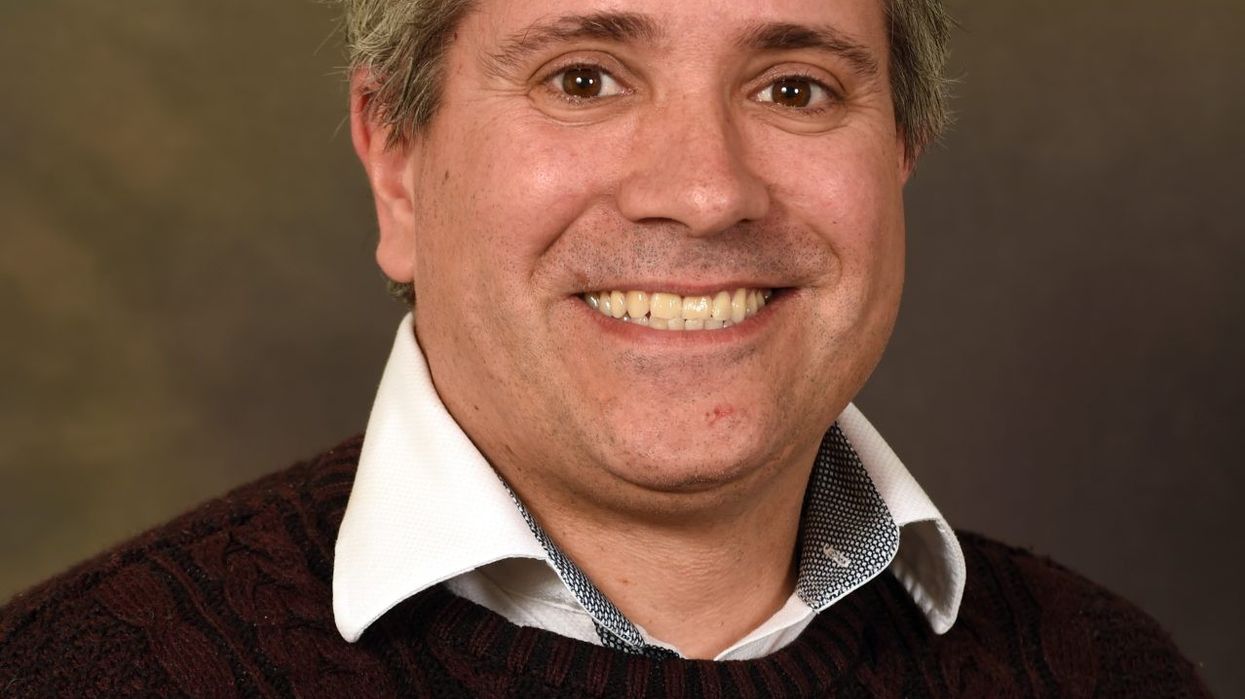With the government’s recent announcement of increased funding to the sector signalling a ‘clear step forward’, the National Pharmacy Association (NPA) has today announced that it will not be recommending collective action to its members.
Last month, the department of health announced the Community Pharmacy Contractual Framework (CPCF) with an increase in funding for 2024/25 of £106m to £2.7 billion and simultaneously a further increase to £3.1 billion for 25/26.
From April 2025, the margin allowance for community pharmacy will rise to £900 million per year.
The sector has also secured a further £215 million for Pharmacy First and other Primary Care Recovery Plan services.
“It is clear that the government has inherited an intolerable situation and the latest announcement is a step forward after 11 years of funding squeezes,” said Nick Kaye, Chair of the National Pharmacy Association.
“After much careful deliberation we have decided not to recommend our members take collective action in light of this offer, which we hope can act as a turning point after many years of neglect.”
The NPA said it wanted to work with the government to help them improve care for millions of people and bring care closer to communities through reform of primary care with community pharmacy at its heart.
However, the NPA said its members remained deeply concerned that investment remained significantly below the estimated costs of providing services for millions of patients and urged Ministers to start discussions on reform to ensure patients have sustainable services in the future.
Although the government’s funding offer was a strong positive signal to the sector and is the first real terms increase pharmacies have seen since 2014, it still leaves community pharmacy facing a gap of around £2.5 billion according to NHS England’s independent economic analysis.
The analysis also showed that half of pharmacies last year made a loss and 78 per cent were not sustainable in the short term.
In November, for the first time in its 104 year history, 99.7 per cent of the around two-thirds of pharmacies who responded to the NPA’s ballot said they would be prepared to withdraw services to patients if no substantial increase in funding was agreed.
This included the option to reduce their opening hours to contractual minimums as well as withdraw from services that they are not paid for such as free medicine deliveries.
“We are concerned that, despite much needed additional investment, pharmacies will face a substantial gap and some will still need to make tough decisions in the short term to keep their doors open,” said Kaye.
“We want to work with ministers to improve services for patients through reform that delivers stronger and more sustainable care in the community but will be watching closely to see if the additional investment will have a stabilising effect on the pharmacy network.”












